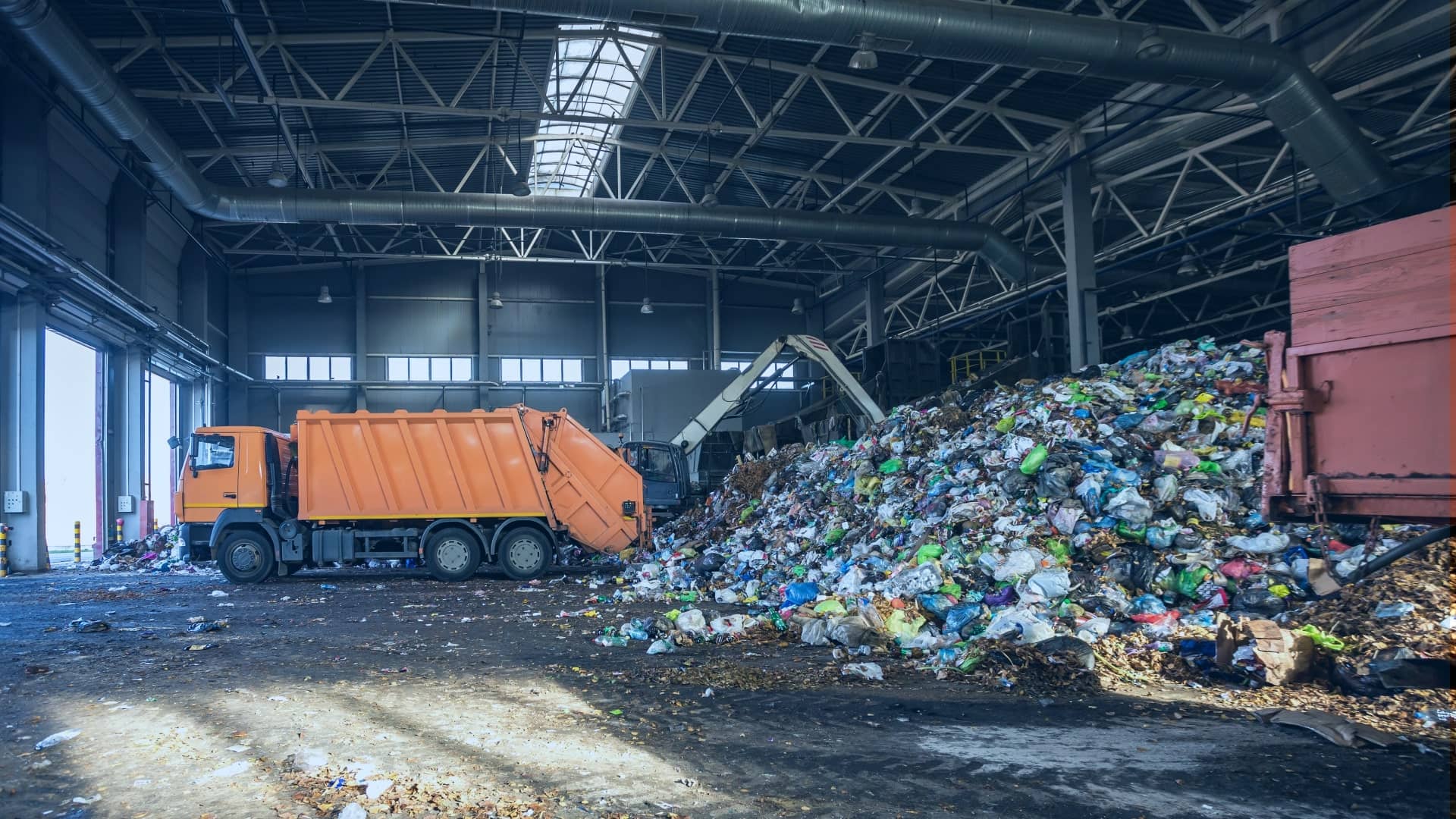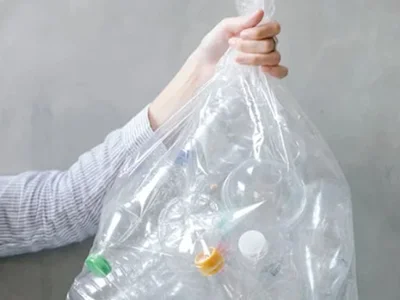The Buzz on Reclaim Waste
The Buzz on Reclaim Waste
Blog Article
Not known Facts About Reclaim Waste
Table of ContentsThings about Reclaim WasteAbout Reclaim WasteSome Of Reclaim WasteHow Reclaim Waste can Save You Time, Stress, and Money.More About Reclaim Waste
Via appropriate liquid waste monitoring, firms can reduce energy-intensive therapy procedures and disposal expenses. By following a system for handling liquid waste, business can prevent expensive fines and penalties and stay clear of adverse publicity.(https://www.openlearning.com/u/leonaube-smse1x/about/)Collect depictive samples from numerous factors within the waste stream to make certain precision. Fluid waste, specifically hazardous ones, positions considerable risks during this step.

Sanitation (e.g., chlorination, ultraviolet light, ozonation) and nutrient elimination (e.g., denitrification and phosphorus elimination) are advised under rigid guidelines. Countless business broke a number of fluid waste disposal regulations in recent years.
Some Known Details About Reclaim Waste

are used by markets that generate huge volumes of low-toxicity liquid waste. Superficial basins consist of liquid waste that is permitted to evaporate with all-natural procedures. The deposit left can be disposed of in land fills. involves burning fluid waste at heats and transforming it into gas and ash. This kind of disposal is subject to rigorous ecological guidelines because of potentially unsafe emissions.
The findings must be documented, assessed, and saved not just for submission to regulatory authorities yet additionally for making renovations in the future. Share details with appropriate stakeholders (e.g., employees, regulatory government firms, and nearby areas) to maintain openness and accountability.
Understanding these can assist them successfully handle their procedures and minimize their ecological influence. Business that can not invest in centers should think about working together with the public industry for better options.
An Unbiased View of Reclaim Waste
By applying comprehensive management systems that consist of therapy and reusing strategies, routine surveillance, risk evaluations, and adherence to local and government regulations, commercial facilities can add to the protection of groundwater products, guaranteeing their accessibility for future generations (industrial wastewater treatment). Allow's look into the importance of effective liquid waste monitoring in the commercial market, concentrating on its effects for protecting groundwater sources
The pollution of groundwater sources due to inappropriate fluid waste management in the industrial market has far-reaching consequences for human wellness, agriculture, and the setting all at once. Some of the potential effects caused by such air pollution consist of: Polluted Alcohol consumption Water Supplies: As groundwater supplies a considerable part of our alcohol consumption water, contamination from commercial tasks can cause harmful chemicals and microbes entering our water systems, posing health threats for humans.
Reduced Agricultural Productivity: Agriculture depends heavily on groundwater for watering; as a result, polluted water can impede crop yields, contaminate farming products, and influence food security. Given the importance of preserving groundwater sources, it is vital for businesses to take a proactive position in handling their liquid waste properly and protecting against pollution.
The 8-Minute Rule for Reclaim Waste
Liquid waste can pollute land and contaminate waters. Under the Security of the Setting Operations Act 1997, companies that produce fluid waste are needed to manage it in a method that shields the atmosphere and the community. Info concerning managing and keeping liquid waste, responding to spills and decreasing liquid waste is offered in the adhering to fact sheets and advice:.
Water, the significance of life, is under consistent danger from contamination. The function of waste administration specialists in guarding this precious resource can not be overstated. Their solutions consist of: Septic system and oil trap cleaning: Necessary for stopping damaging pollutants from entering our water supply. Contaminated water and infected effluent administration: Guaranteeing that harmful fluids are safely gotten rid of and dealt with prior to they can hurt our water resources.
Thus, incorporating lasting liquid waste administration into economic preparation pop over to this site boosts financial stability and shields the setting, demonstrating the worth of this approach. In verdict, taking on professional fluid waste management practices is important for making certain a lasting future, securing our environment and securing the wellness of future generations - liquid waste disposal melbourne. At E&E Waste, we are dedicated to cultivating a better tomorrow with liable activities today.
When it comes to getting rid of waste, sticking to proper procedures is essential for a wide range of factors. Correct garbage disposal is not just about cleanliness; it has to do with ensuring the health of our setting, health and wellness, and the effective use of sources. Understanding the importance of efficient waste monitoring can help all of us add to a much healthier, cleaner world.
What Does Reclaim Waste Do?
Effective waste management aids preserve tidy streets and public areas, lowering the visual influence of litter and making sure that waste does not harm wildlife. When waste is not thrown away effectively, it can cause contamination, where dangerous substances can leach into the dirt, water systems, and the air, producing long-lasting ecological problems.
Report this page